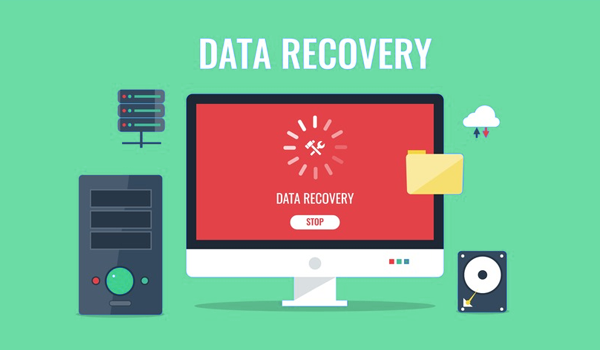Digital forensics plays a crucial role in supporting national security and intelligence operations by providing critical insights into cyber threats, criminal activities, and national security breaches. As technology advances, so do the methods employ by adversaries to compromise information systems, making digital forensics an essential tool for safeguarding sensitive data and maintaining national security. In the realm of national security, digital forensics is used to investigate and analyze cyber incidents that could pose threats to a nation’s infrastructure. This includes identifying and mitigating threats from state-sponsored hackers, terrorist groups, and other malicious actors. Forensic experts meticulously examine digital evidence such as logs, network traffic, and malware to trace the origins of cyberattacks and understand their impact. By uncovering these details, they can help prevent future attacks and bolster defensive measures. Furthermore, digital forensics supports the development of strategies to secure critical infrastructure, such as power grids, financial systems, and communication networks, which are often targeted by cyber adversaries seeking to disrupt national stability.

In intelligence operations, digital forensics enhances the ability to gather and analyze data relevant to national security threats. Intelligence agencies rely on digital forensics to process vast amounts of information from various sources, including intercepted communications, social media, and digital devices. By applying forensic techniques to this data, analysts can extract valuable intelligence, identify patterns, and uncover connections that may not be immediately apparent. This intelligence is crucial for making informed decisions, predicting potential threats, and executing targeted operations to neutralize risks. Moreover, digital forensics aids in investigating cyber espionage and data breaches involving sensitive government and military information. When unauthorized access to classified information occurs, forensic experts can determine the scope of the breach, identify the perpetrators, and assess the damage. This process is vital for restoring security, preventing further leaks, and holding those responsible accountable. Additionally, digital forensics supports the legal and policy frameworks necessary for addressing cybercrime and protecting national interests.
The integration of digital forensics with national security efforts also extends to collaborative initiatives with international partners. Cyber News often cross borders, requiring a coordinated approach to address them effectively. Forensic evidence can be shared with allied nations to enhance collective security measures and respond to global threats. This collaboration helps build a more resilient global defense against cyberattacks and promotes information sharing to improve overall cybersecurity. In summary, digital forensics is an indispensable component of national security and intelligence operations. Its ability to uncover digital evidence, analyze cyber threats, and support intelligence gathering ensures that nations can effectively defend against and respond to a wide range of security challenges. As technology continues to evolve, digital forensics will remain at the forefront of efforts to protect national interests and maintain global stability.
